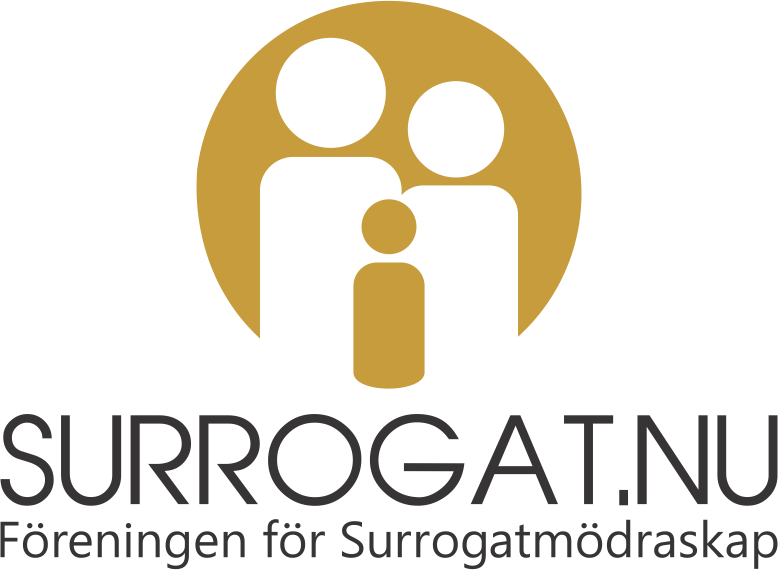Surrogatmödraskap är sedan flera år tillbaka lagligt i Nya Zealand. Dock får endast sk altruistiskt surrogatmödraskap användas. Samtliga fall granskas och måste godkännas innan ett försök med surrogatmödraskap får genomföras. Det barnlösa paret och kvinnan som vill agera surrogatmamma måste söka tillstånd och landet har satt upp etiska riktlinjer och krav som måste uppfyllas för att få genomgå behandlingen.
I en artikel i den vetenskapliga tidsskriften Australian and New Zealand Journal of Obstetrics and Gynaecology 2012 redovisas erfarenheter från Nya Zealands program för Surrogatmödraskap. Av alla ansökningar avslogs 3,9% oftast pga psykiska skäl eller en ökad hälsorisk för surrogatmamman. 26% av alla fall resulterade i ett nyfött barn, 52% avslutade sina försök och 22% av paren fortsatte IVF försök när studien avslutade.
Att 52% av paren avbröt sina försök ligger i linje med andra typer av IVF försök där studier visat att 20- 60% av de barnlösa paren väljer att avsluta försöken om de ej lyckas. En anledning tros vara en stor psykisk stress som paren går igenom. Vid surrogatmödraskap kan också kvinnan som agerar surrogatmamma välja att inte göra flera IVF försök varpå antalet par som avslutar sina IVF försök i Nya Zealand ligger högt.
Hela den Engelska sammanfattningen av studien hittar du nedan och du hittar referensen till den vetenskapliga artikeln i sin helhet här nedan:
Australian and New Zealand Journal of Obstetrics and Gynaecology 2012
The practice of surrogacy in New Zealand
Lynley ANDERSON, Jeanne SNELLING and Huia TOMLINS-JAHNKE
Background: Commercial surrogacy is prohibited inNew Zealandby the Human Assisted Reproductive Technology Act 2004 (HART Act). However, altruistic clinic-assisted surrogacy is permitted. Couples wishing to attempt altruistic surrogacy must apply for approval to a statutorily appointed ethics committee. One of seven principles that underpin the HART Act stipulates that the needs, values and beliefs of Maori (NZ’s indigenous population) should be considered and treated with respect.
Aim: This paper reviews the outcomes of surrogacy applications since the HART Act was established and the uptake of surrogacy by Maori.
Methods: The authors examined the demographic data provided to the ethics committee by way of surrogacy applications and the outcome data provided by fertility clinics. This paper reviews the outcomes for surrogacy applications: the number accepted/declined, the number of live births, those applications discontinued and uptake by Maori.
Results: Of 104 applications for surrogacy between 2005 and 2010, 4 (3.8%) were declined. By July 2011, of 100 approved, there have been 26 (26%) live births; 52 (52%) were discontinued, and 22 (22%) remain ongoing. Maori are much less likely to utilise surrogacy. Of the 104 original applications, 9 (8.6%) Maori women were willing to act as a surrogate, and 2 (1.9%) were intended mothers. 7 (6.7%) Maori were partners of a surrogate, with 2 (1.9%) intending mothers having Maori partners.
Conclusions: The process of surrogacy applications is comprehensive and robust, resulting in few being declined. Further research is required to discover why applications are discontinued and why, despite explicit attempts to meet the needs of Maori, few utilise surrogacy.

